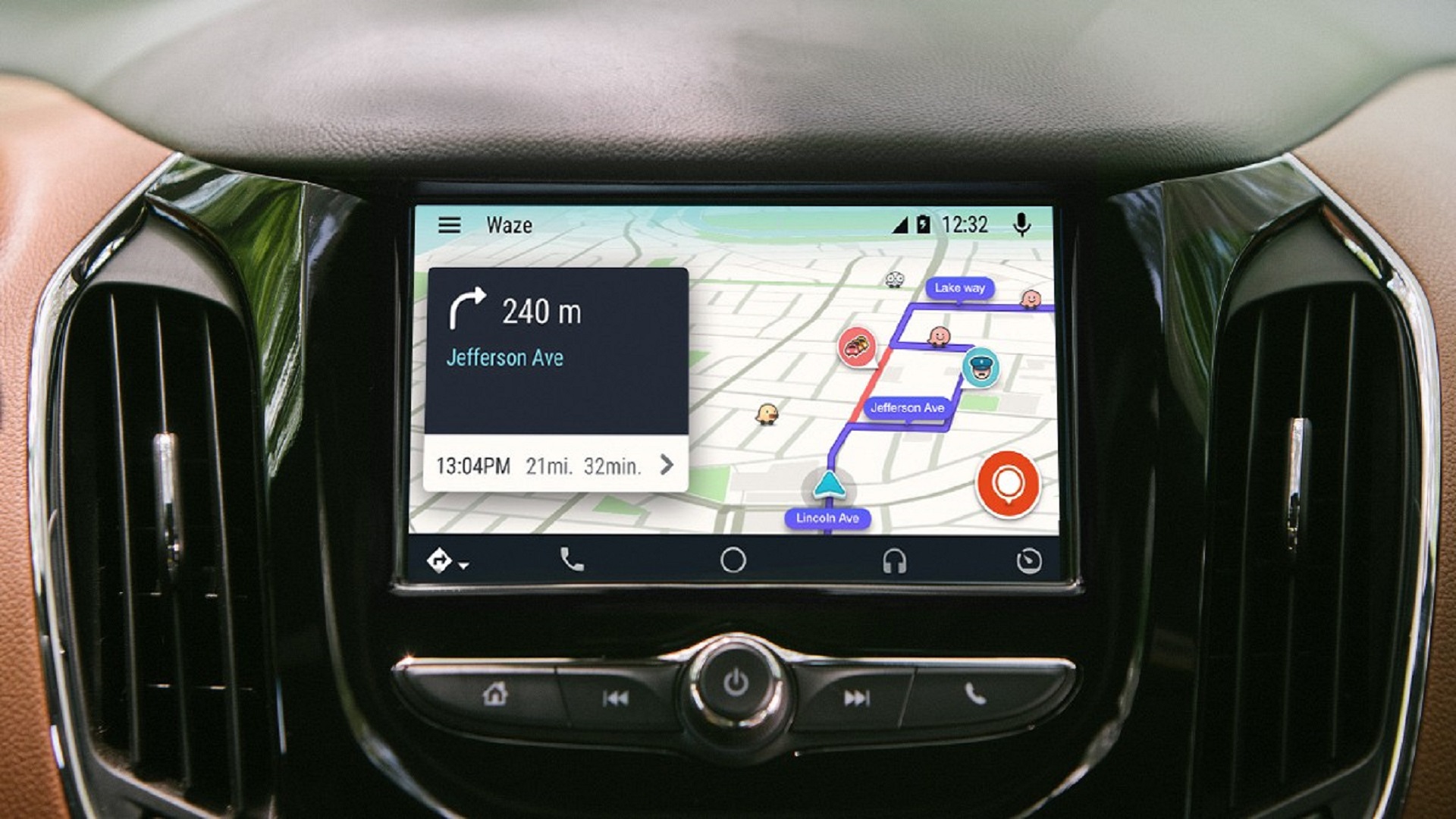

Voice recognition systems in cars keep improving by leaps and bounds, but they’re still more distracting to drivers than experts would prefer, reports WTOP.
The University of Utah and the AAA Foundation for Traffic Safety teamed up to test Apple CarPlay, Android Auto, and built-in infotainment systems in five modern vehicles. Drivers were asked to make phone calls, make music selections, send and receive text messages, and enter a navigation destination using all of these handsfree voice recognition systems. Researchers then observed how much drivers took their eyes off the road, how much of their brainpower was required, and how much time it took to complete each task using each system.
Making a call and selecting music were easier using Apple CarPlay and Android Auto, which researchers considered a “moderate” demand, than using each car’s built-in voice recognition system, requiring a “high” demand. Texting and navigation were more difficult, but the Apple and Android systems still performed significantly better. Navigation tasks took 33 seconds, as compared to 48 seconds with built-in systems.
This evidence supports what Navads CEO Lex ten Veen told The Drive. Smartphone technology evolves much more rapidly than the technology in automotive infotainment systems, which gives them superior performance. But even the superior smartphone systems are not perfect.
“The technology that we have access to today is not free of risk,” Jake Nelson, AAA director of traffic safety and advocacy, told WTOP.
“None of the systems that we tested, including Android Auto or Apple CarPlay, met our requirements or recommendations around how little distraction they should produce. While we know that some industry players are outperforming others, the point is not to use one system over another, but for the industry to be collaborating so that we can make safety a top priority.”